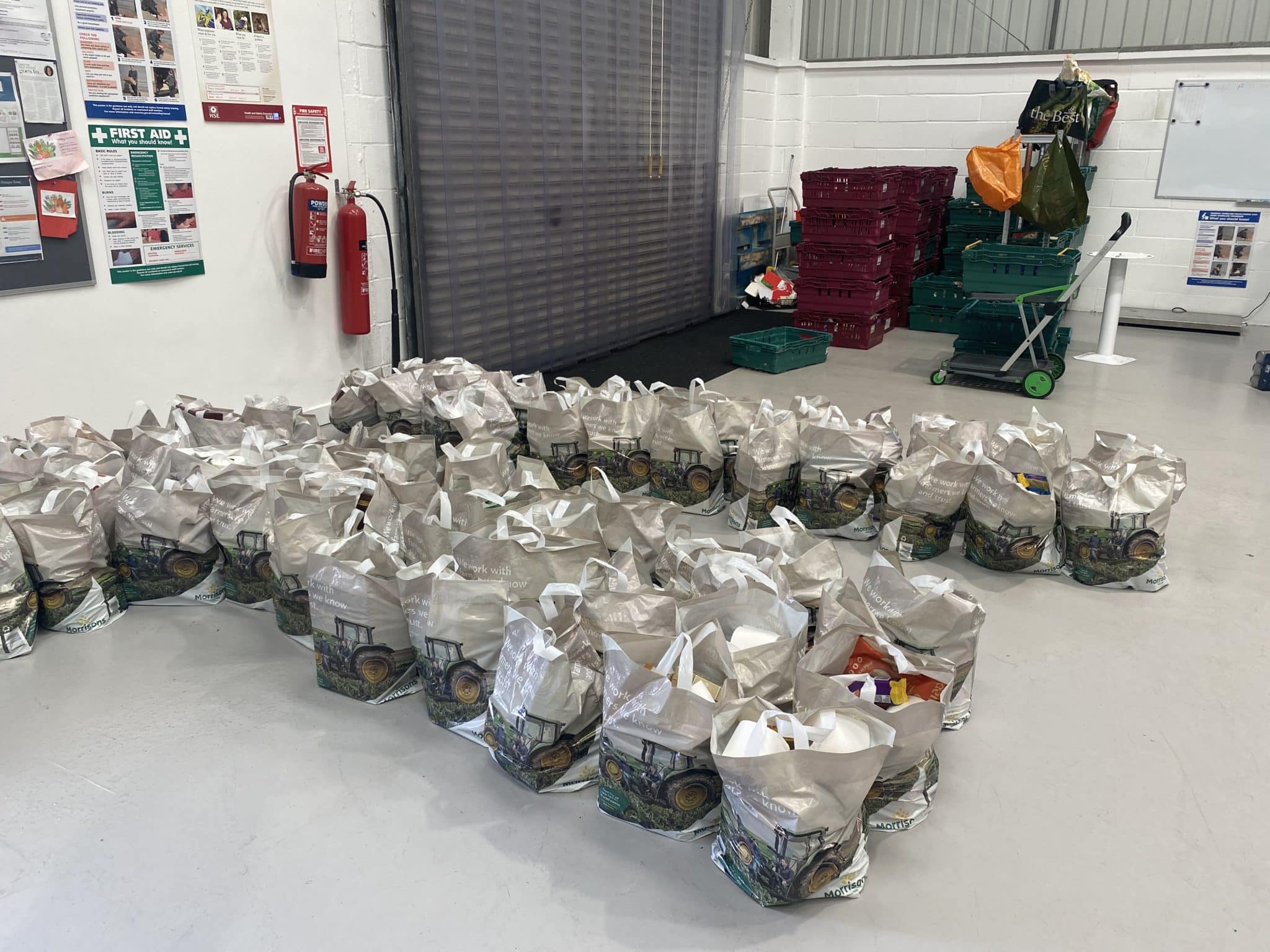THE number of families needing help from the foodbank in Tunbridge Wells is expected to increase to near-pandemic levels this winter as the cost-of-living crisis begins to push more people below the breadline.
Nourish Community Foodbank, which provides meals and support for families in Tunbridge Wells and the wider area, has seen a 30 per cent increase in the referrals to its service in the last 12 weeks alone.
During the Covid crisis, Nourish received upwards of 250 referrals each week – where struggling families are sent to the foodbank by agencies such as the Council or Citizens Advice Bureau.
Post coronavirus, the levels of people needing help dropped quickly back to around 100 referrals a week.
But over the last three months, the numbers have crept up to around 150 referrals a week and Nourish warns that if this rise continues, they will expect to see up to 200 families a week by the end of November.
“For the first time in my career here, I don’t know how this winter is going to go,” Operations Director, Dawn Stanford told the Times.
“We used to get dips and flows at certain points in the year, but now we are consistent and have a constant flow of referrals coming in from agencies. The email traffic enquires have quadrupled in the last six weeks.
“This summer, quite honestly, was the toughest summer that I have had as Operations Director of Nourish. We had people further in crisis and very desperate for help. We had higher numbers for those working families than we normally see.”
She blamed rising energy bills and cost of living.
“I think it was a culmination of everything, of a reduction in long-term income, cost of living, the impending energy crisis coming with high bills expected. Everything was just tougher and here our costs increased as well,” she said.
She added that the largest increase in referrals in Tunbridge Wells has been for people over 65 years old and those in in single households.
“These are probably unidentified clients that needed our help pre-pandemic,” Ms Stanford explained. “The over-65s that were not on the radar before were scooped up during the pandemic and we found that some of them really needed the extra help, with some not getting the benefits they were entitled to, like pension credit.
“The clients we are now getting are much further into crisis than they would have been before, with more complex issues.”
She also said that if the increase in referrals was not bad enough, the foodbank has also seen a dramatic reduction in the amount of food donated to the charity.
“For the first time ever in the charity’s history we aren’t sustainable on donation,” said Ms Stanford. “In previous years, we would use 100 tonnes of food and would receive 100 tonnes of food in donations and then we would buy in fresh fruit, meaning day to day, parcels were all donated food.
“Now only a quarter of the parcels are donated and the other three-quarters are bought in. With the amount of food we are buying and the numbers of people increasing, it is not going to be sustainable and that is a worry,” she explained.
“But we are all in the same boat this year. The gap between a client of a foodbank and a non-client of a food bank is not quite as wide as it used to be. It’s getting closer every year and the pandemic showed that.”
Ms Stanford added that this winter, the foodbank, which has its 10-year anniversary in November, will still run its Christmas campaign, but it will make changes.
“We will still have a Christmas campaign, but we won’t be having the reverse advent calendar like we did last year as we know it’s really tough.”
Anybody wishing to help Nourish Community Foodbank is encouraged to visit: nourishcommunityfoodbank.org.uk/








